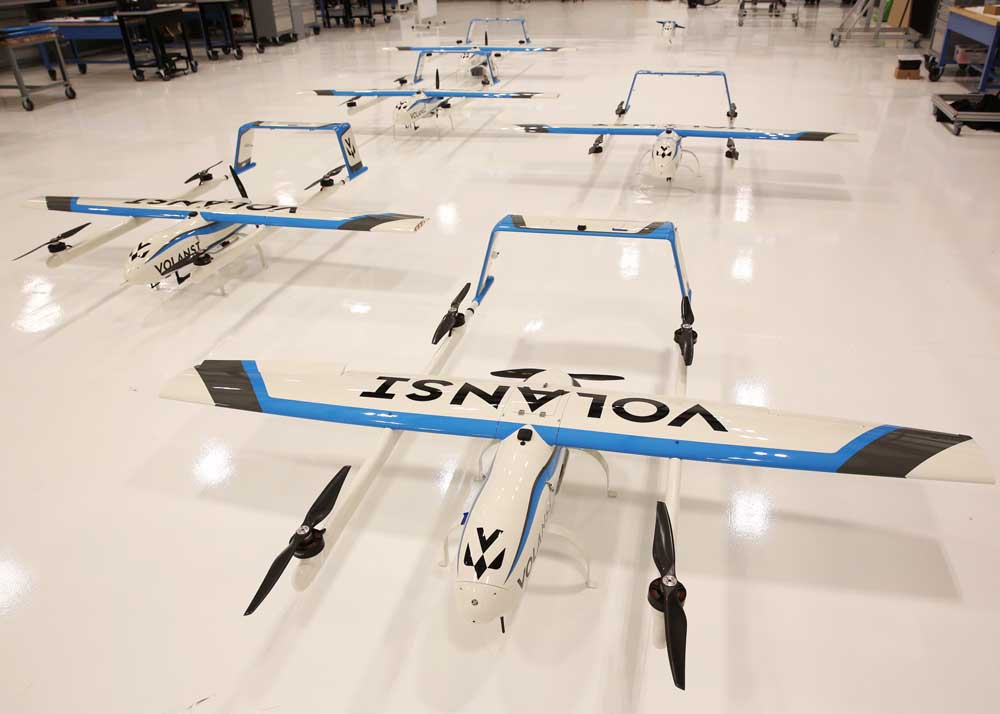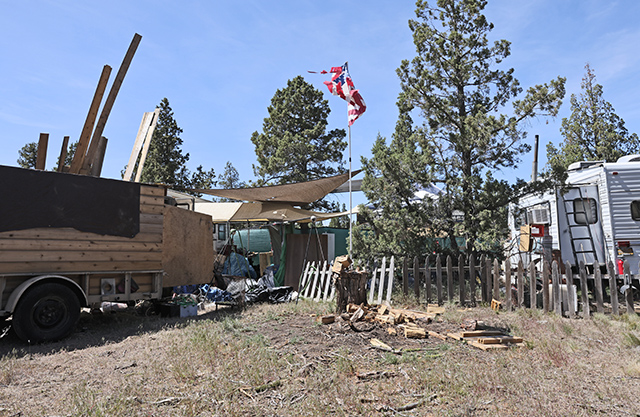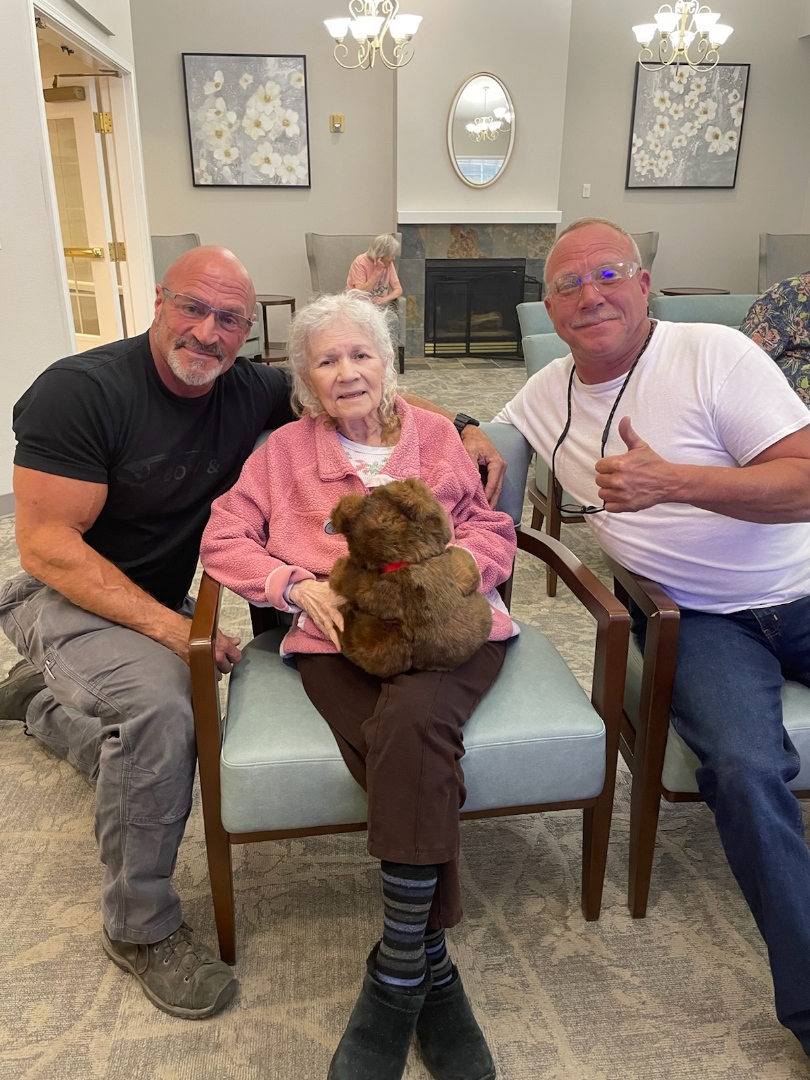Volansi’s drones soar to Bend
Published 2:54 pm Tuesday, July 20, 2021

- A fleet of drones at Volansi in Bend. 07/20/21 (Dean Guernsey/The Bulletin)
When a drone startup company needed to spread its wings, it chose Bend as its home. Volansi, a six-year-old startup vertical take-off and landing drone company, selected Bend because it had an access to supply chains, the talent and the right kind of weather, and as everyone knows, it is a great place to live.
That was in November, in the middle of a pandemic. The company hired Mike Jackson, vice president of global operations, a Bend resident. From there it was scaled growth, and now the company has 50 employees at its facility at NE 18th Street.
“The site met our growth goals,” Jackson said in an interview on Tuesday. “We looked across the country, but settled on Bend because of access to talent for aviation engineering, good supply chain partners and that lends itself well to our environment.
“It’s a great place to live for our employees. You can’t hide that.”
The expansion was fueled by $50 million in Series B funding.
Having a startup locate its operations in Bend is a plus for the community, said Damon Runberg, Oregon Employment Department regional economist.
“Before COVID-19, small firms relocating to Bend was one of the major drivers of our last major employment expansion,” Runberg wrote in an email. “Our high quality of life in Central Oregon is particularly attractive to these smaller firms that tend to be more flexible with their work location and, in many instances, offer remote work.”
“Employers in these professional and high-tech industries also have the added benefit of offering higher wages, which helps offset the high cost of living.”
Roger Lee, Economic Development for Central Oregon CEO, said Volansi chose the area because of its proximity to Federal Aviation Administration test strips, three of which are in Oregon. Pendleton, Warm Springs and Tillamook all have a FAA unmanned aircraft systems test strips.
“They’re (Volansi) big. It’s exactly what we envisioned, not shifting away from general aviation aircraft, but extending it and helps building critical mass,” Lee said. “It started with an effort a long time ago.”
Volansi sees itself disrupting the distribution system. With unmanned aircraft already performing operations in Africa, the Caribbean and in the United States, Volansi teamed up in March 2020 with a pharmaceutical company in North Carolina to deliver medication to remote, rural communities. With supply chains disrupted by pandemic-related restrictions, Volansi and Merck delivered temperature-controlled vaccines from the manufacturing facility to patients in North Carolina at Vidant Healthplex-Wilson, a Vidant Health clinic.
The pilot program showed that technology could be employed in the supply chain to speed up delivery of critical supplies like medication, according to the company. Like many startups, much of the details are shrouded as a way to maintain proprietary secrets. Details of the business plan or revenues were not disclosed.
But the applications of Volansi’s drone technology are endless. The company anticipates that its drones could be used to deliver parts needed at remote job sites. Rather than waiting for the part to be located and trucked in, which could take days or weeks, it could contract with Volansi and have it at the site in hours.
Volansi was founded in 2015 by Hannan Parvizian and Wesley Zheng. Their goal was to solve critical inventory and supply chain management problems at Tesla. Today Volansi has three locations: Concord, California; Mesa, Arizona; and Bend.
Depending on the size of the drone, Volansi’s equipment has a range of 350 miles at 75 mph and can fly for more than eight hours, according to the company’s website. The drones have a payload of up to 20 pounds and fly below 400 feet so as not to encroach on aircraft airspace. The company and others in the industry are part of the drone rule -making discussion with the FAA, Jackson said.
“In the near term vision, we’re focusing on business to business program and that’s something that will open up sooner in the rural areas first,” Jackson said. “If you think about living on the outskirts of town or in a remote area, and it’s too far to go to the pharmacy, you could set up drone delivery service.”
“We … settled on Bend because of access to talent for aviation engineering, good supply chain partners and that lends itself well to our environment.”
Mike Jackson, VP of global operations






